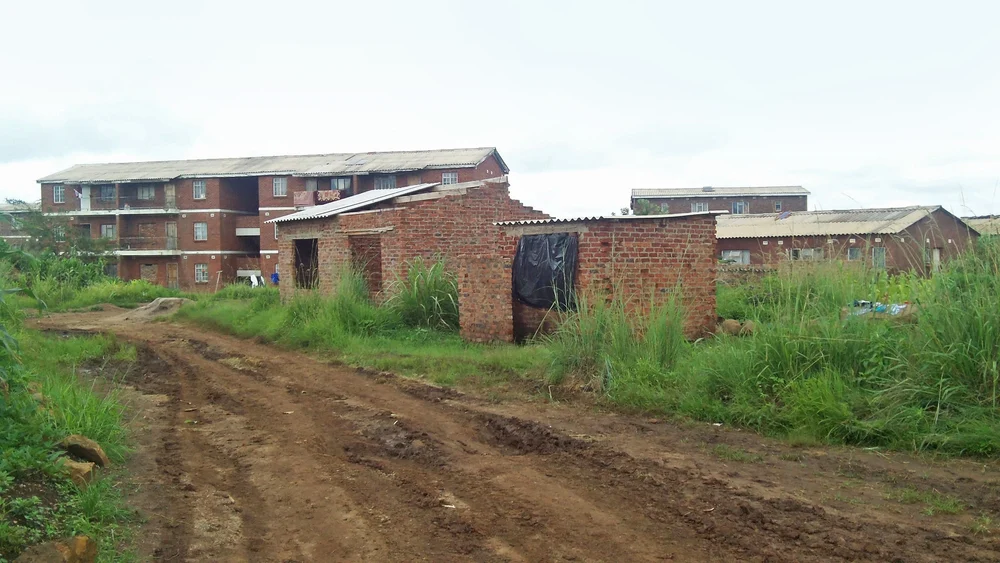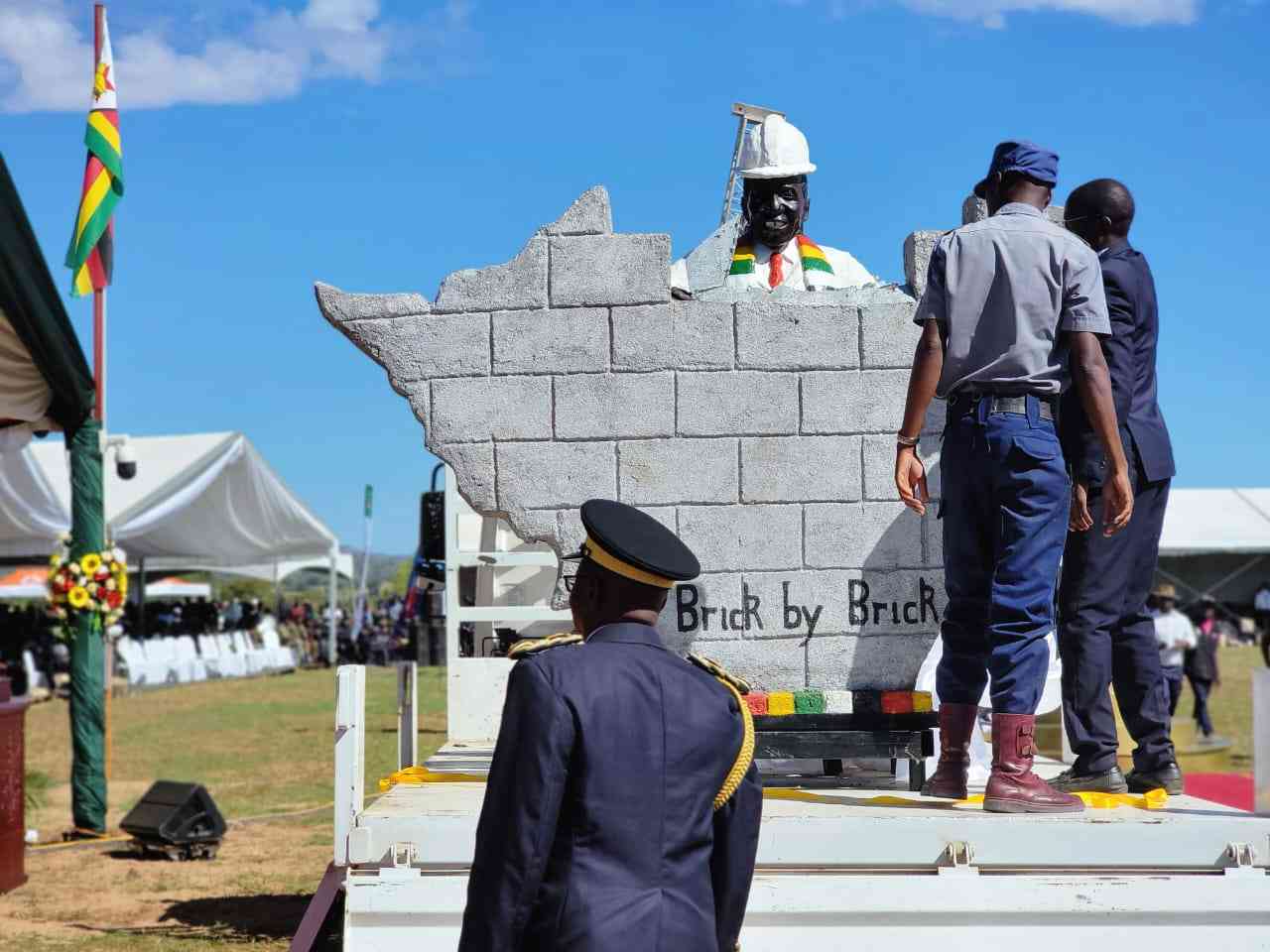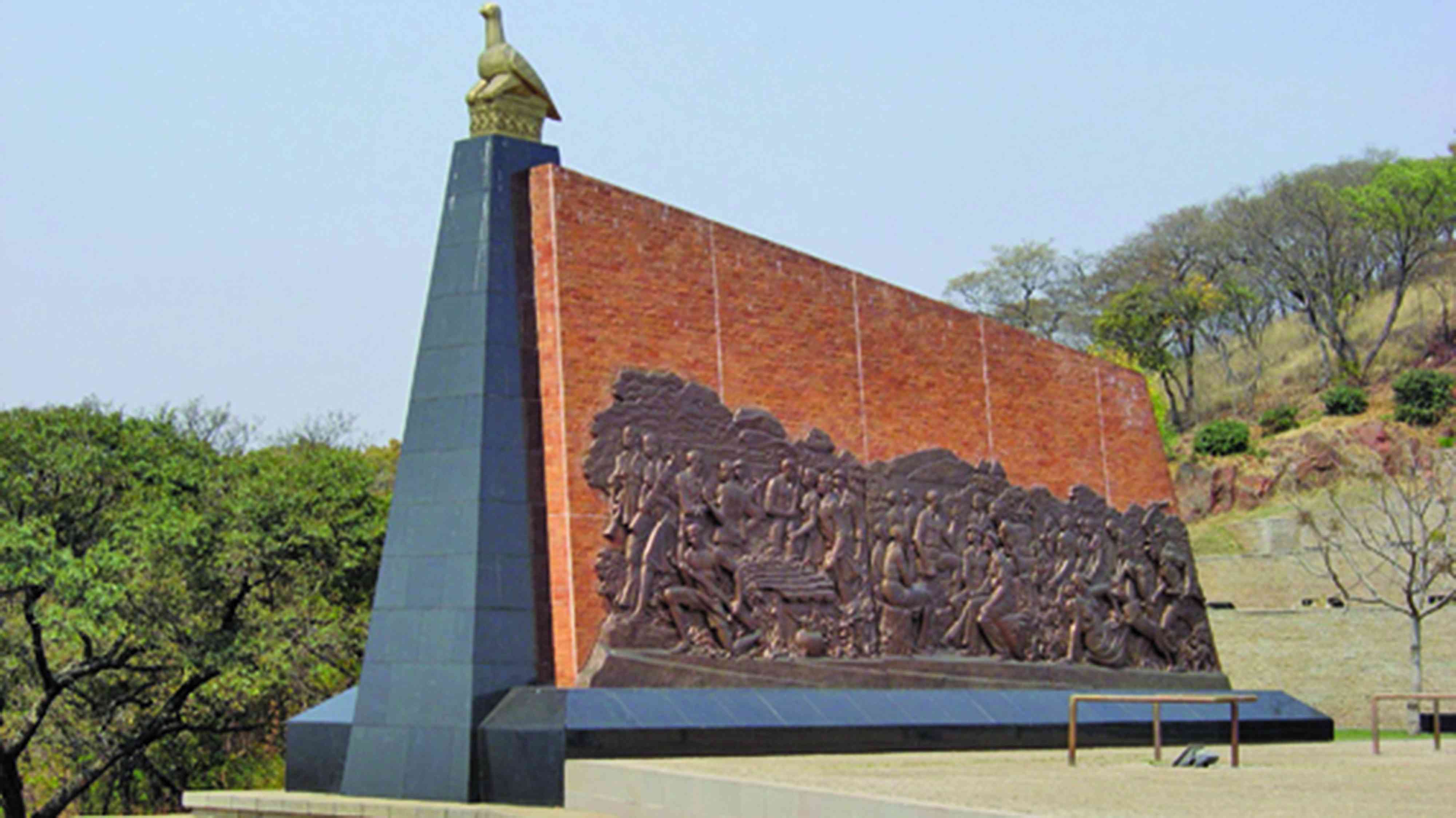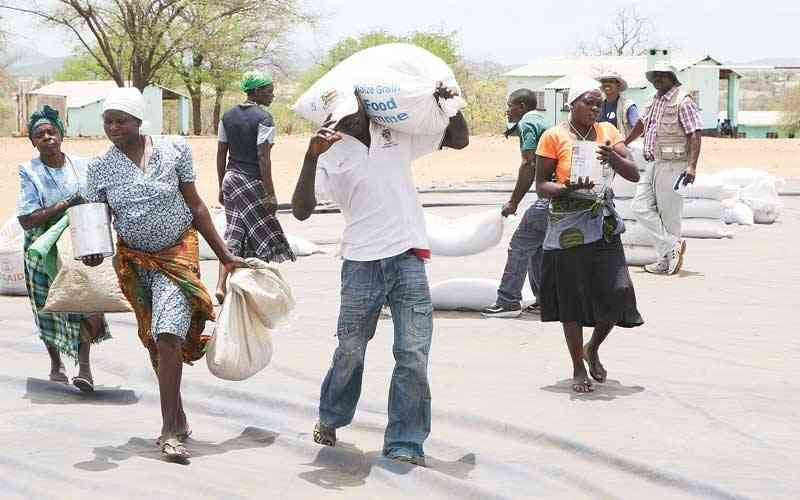
THAT almost half of Zimbabweans are lodgers is a serious indictment to a country hoping to attain upper-middle income status by 2030.
Revelations by the Zimbabwe National Statistics Agency (ZimStat) that 42,7% of those interviewed during last month’s national population and housing census have no place to call home clearly exposes the so-called new dispensation or second republic’s much-touted mantra of leaving no one and no place behind as a load of hot air.
Towards the 2018 general elections, one of the major promises made by the ruling Zanu PF party was to deliver 1,5 million houses by the next election, which is less than 12 months away. The preliminary ZimStat statistics obviously tell us that Zanu PF sold the nation a dummy. It is now very clear that it was all a fallacy.
In 2009 United Nations Habitat warned: “Zimbabwe, like most African countries has been experiencing increased urbanisation which has resulted in urban local authorities finding it difficult to cope with the rapid increase in demand for services such as water and housing. Consequently, Zimbabwe has begun to experience an increase in informal settlements in all urban settings, a situation that was unimaginable 15 years ago.”
And 13 years later it is quite evident that the warning was never heeded given the high number of people living in rented accommodation.
Before this glaring housing crisis, Zimbabwe had a workable housing delivery programme whereby local authorities would avail serviced stands or houses (depending on the councils’ financial situation) for people on housing waiting lists. Unfortunately, somewhere along the way the programme was discarded.
It, however, is quite easy to see why.
Zimbabwe’s entire housing crisis is linked to poor planning, greed, corruption and murky politics whereby local authorities failed to adequately plan for the future, while the Zanu PF government is busy on the sidelines disrupting councils’ efforts by turning a blind eye to land barons linked to the ruling party who are responsible for the chaotic informal settlements in urban areas.
- Chamisa under fire over US$120K donation
- Mavhunga puts DeMbare into Chibuku quarterfinals
- Pension funds bet on Cabora Bassa oilfields
- Councils defy govt fire tender directive
Keep Reading
If government had been serious about providing adequate and affordable housing to the millions of Zimbabwean lodgers, it would have worked with local authorities. However, the Zanu PF government has been busy trying to muscle out the opposition from urban areas which is largely its stronghold at the moment and has instead, sought to foment chaos by creating land barons who parcel out land in unplanned settlements for votes.
And in the process of trying to wrest the urban areas from the opposition, ordinary Zimbabweans have been left out in the cold as ZimStat figures clearly show.
Ironically, Zimbabwe is not short of land for housing, yet nearly two million people desperately need their own accommodation. It is actually shameful that the government has allowed the housing crisis to deteriorate thus far.
But greed and corruption, amid the afore-mentioned murky politics, saw individuals being allowed to convert former farmland around urban areas — which is ideally State land — into residential stands and selling them at a profit.
Little wonder government completely forgot that access to housing is a basic human right, one that can be used to measure the country’s level of development, not empty slogans and mantras.











